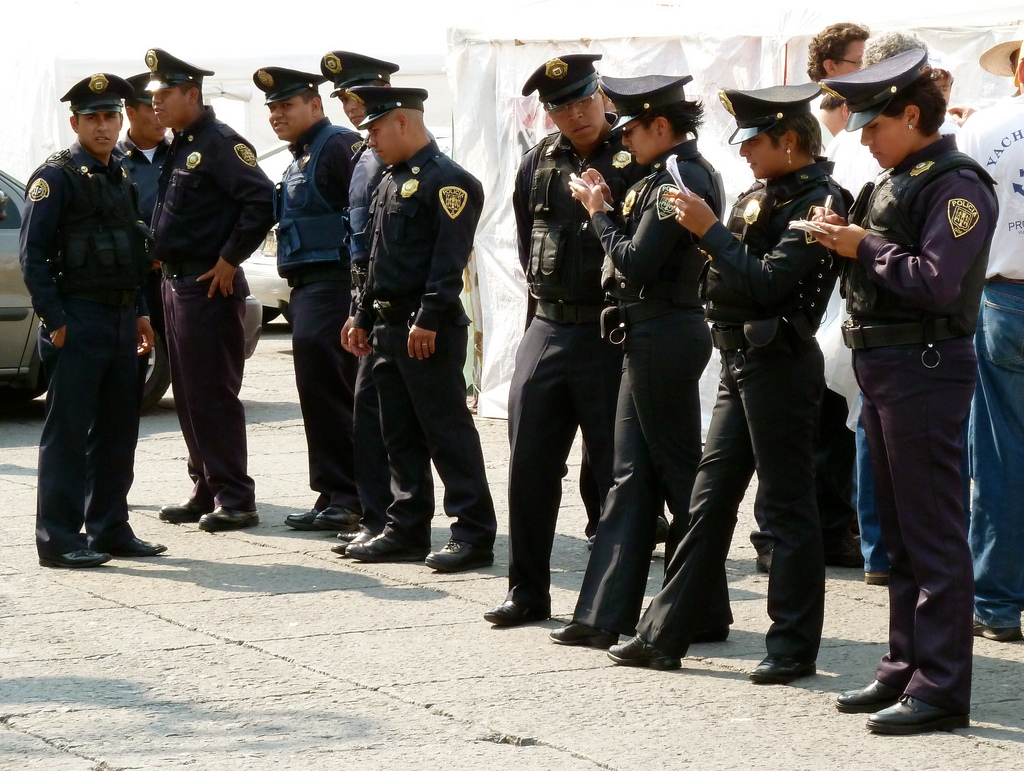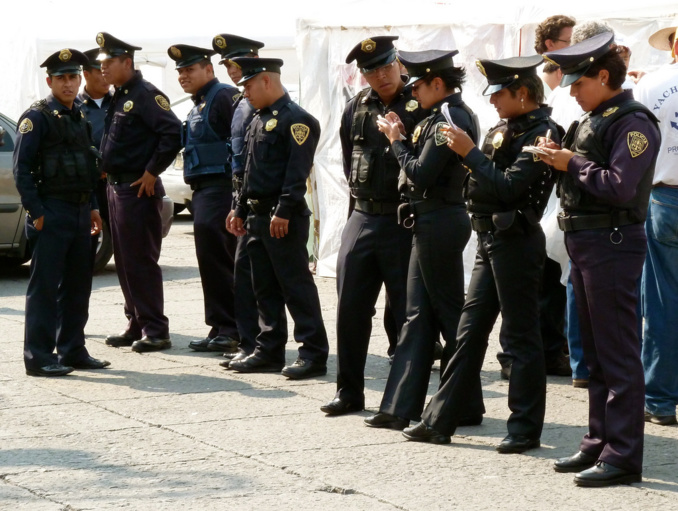Six journalists, as well as five members of the NCO, have been subject to surveillance by the Mexican authorities, the investigation said yesterday. It is reported that the authorities followed even a child of one of the journalists. The investigation’s initiators found out that spyware, developed by the Israeli company NSO Group, was secretly installed on the victims’ smart phones. In August 2016, this company was already mentioned in the press in connection with the use of Pegasus spyware program, which was used to track down a human rights defender from the UAE, Ahmed Mansoor. In February, Citizen Lab, along with Mexican NGOs, found that a number of experts in the field of food safety, health experts and consumer protection received links to their phones. When clicked on, the links transferred the users to websites, where their phones got secretly installed spyware from NSO Group - probably the same Pegasus program.
This time, journalists and human rights defenders were subjected to surveillance; three of whom are members of the NGO on anti-corruption. It is reported that the spy program has access to contacts in the smart phone. Thus, the authorities could receive data about sources of information that journalists and human rights activists used in their investigations. They received a fake SMS, followed by a link related to their activities and therefore not causing suspicion, for example, "you are being watched by people in a car without numbers, these are the photos of these people." When the victim went through the link, the spy network determined the phone model and installed a program that allowed the NSO network to access the phone.
The surveillance has been carried out from January 2015 to August 2016, a total of 76 messages were sent with malicious links. At the request of the report’s authors, the Israeli company told that its activities are aimed at "making the world safer by providing the authorities with technologies that help fight crime and terrorism," stressing that "our activities are fully in line with the law."
The authors of the report note that Mexico is becoming increasingly dangerous for journalists who are abducted, physically abused or threatened in this country, including by organized criminal groups. In this case, according to local human rights defenders, in 2016 at least 53% of acts of violence and threats against journalists could be initiated by the authorities.
source: bbc.co.uk
This time, journalists and human rights defenders were subjected to surveillance; three of whom are members of the NGO on anti-corruption. It is reported that the spy program has access to contacts in the smart phone. Thus, the authorities could receive data about sources of information that journalists and human rights activists used in their investigations. They received a fake SMS, followed by a link related to their activities and therefore not causing suspicion, for example, "you are being watched by people in a car without numbers, these are the photos of these people." When the victim went through the link, the spy network determined the phone model and installed a program that allowed the NSO network to access the phone.
The surveillance has been carried out from January 2015 to August 2016, a total of 76 messages were sent with malicious links. At the request of the report’s authors, the Israeli company told that its activities are aimed at "making the world safer by providing the authorities with technologies that help fight crime and terrorism," stressing that "our activities are fully in line with the law."
The authors of the report note that Mexico is becoming increasingly dangerous for journalists who are abducted, physically abused or threatened in this country, including by organized criminal groups. In this case, according to local human rights defenders, in 2016 at least 53% of acts of violence and threats against journalists could be initiated by the authorities.
source: bbc.co.uk



















